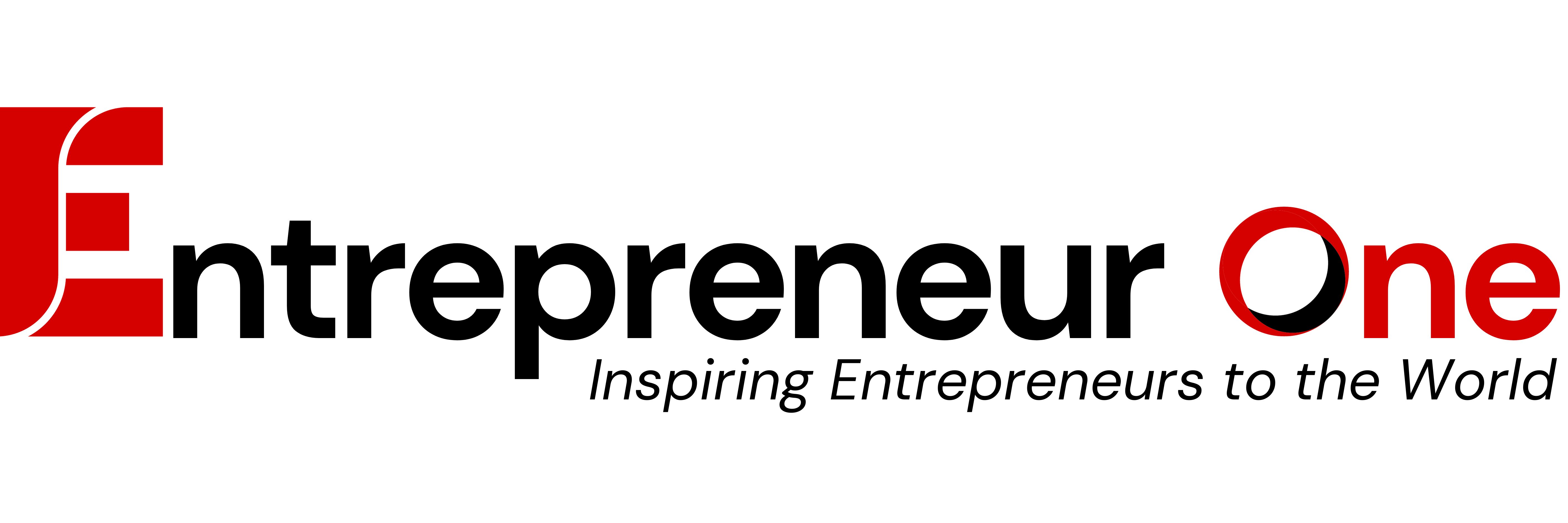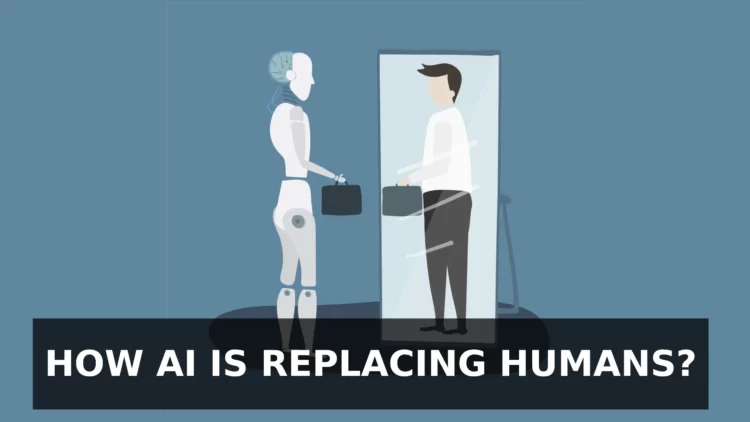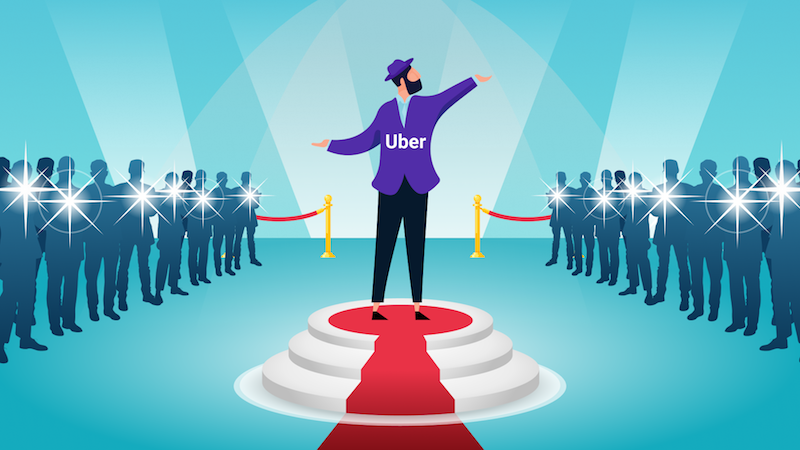AI (Artificial Intelligence) is becoming increasingly capable of performing tasks that were previously only done by humans. This is leading to the replacement of some human jobs, particularly those that are repetitive, routine, or require a high level of accuracy.
However, it is important to note that AI is not designed to replace all human jobs. Instead, it is likely to complement human workers by automating certain tasks and freeing up humans to focus on more complex and creative work.
Additionally, the impact of AI on the job market is likely to vary depending on the industry and country. Some industries, such as manufacturing and data entry, are more likely to be affected by AI than others, such as healthcare and education.
Overall, while AI is replacing some human jobs, it is also creating new job opportunities in areas such as AI development, data analysis, and robotics. It is important for individuals to continue to develop their skills and adapt to the changing job market in order to remain competitive in the workforce.
CAN AI HELP ENABLE THE CREATIVITY?
AI can help enable creativity in several ways, such as by providing new tools and resources for artists, designers, and other creative professionals. For example, AI can be used to generate new ideas, assist with the creative process, and even create original works of art.
AI can also help to automate repetitive tasks and free up time for creative work. This can be particularly useful for creative professionals who are overwhelmed with administrative tasks or who need to work quickly to meet deadlines.
However, it is important to note that AI is not a replacement for human creativity. Instead, it can be seen as a tool that enhances and augments human creativity. AI algorithms are designed to analyze and identify patterns, but they lack the imagination and intuition of human creators.
Overall, AI can help to facilitate and enhance creativity, but it cannot replace the unique perspective and imagination of human creators.
HOW CAN WE TRUST AI??
Trusting AI requires a combination of technical expertise, transparency, and ethical considerations. Here are some ways to help build trust in AI:
Technical Expertise: AI systems should be designed, developed, and maintained by experts who have a deep understanding of the technology and its limitations. This includes understanding the algorithms used, the data that is being analyzed, and the potential biases that may be present.
Transparency: AI systems should be transparent and explainable so that users can understand how they are making decisions. This includes providing clear and understandable explanations of the algorithms used, the data that is being analyzed, and the decision-making process.
Ethical Considerations: AI systems should be designed with ethical considerations in mind, such as ensuring that they are fair, unbiased, and respect privacy. This includes ensuring that the data used to train the system is representative and diverse and that the system is designed to avoid discriminatory outcomes.
User Feedback: Users should be able to provide feedback on the performance of AI systems so that any issues can be identified and addressed. This includes providing mechanisms for users to report errors or biases, and for developers to respond to user feedback.
Overall, building trust in AI requires a combination of technical expertise, transparency, and ethical considerations. By following these principles, we can help ensure that AI is used in a responsible and trustworthy manner.
IS HUMAN JOB(s) AT RISK ??
It is possible that some jobs may be at risk due to the increasing use of AI, as AI can automate certain tasks that were previously done by humans. However, it is important to note that AI is not designed to replace all human jobs. Instead, it is likely to complement human workers by automating certain tasks and freeing up humans to focus on more complex and creative work.
Additionally, new jobs are likely to be created as a result of the development and deployment of AI, particularly in areas such as AI development, data analysis, and robotics. Therefore, while some jobs may be at risk, it is important to continue to develop new skills and adapt to the changing job market in order to remain competitive in the workforce.
Overall, while the use of AI may disrupt certain industries and job markets, it is unlikely to completely replace human workers. Instead, it is likely to create new opportunities and challenges for workers, and it is important for individuals to continue to develop their skills and adapt to the changing job market.
ADVANTAGES AND DISADVANTAGES
Advantages of AI:
- Increased Efficiency: AI can perform tasks faster and more accurately than humans, which can increase efficiency and productivity.
- Improved Decision-Making: AI can analyse large amounts of data and identify patterns that humans may not be able to see, which can improve decision-making.
- Personalization: AI can be used to personalise products and services based on individual preferences and behaviours, which can enhance the user experience.
- Cost Savings: AI can help reduce costs by automating certain tasks and improving efficiency.
Disadvantages of AI:
- Bias and Discrimination: AI systems can be biased and discriminatory if they are trained on biased data or if they are designed to perpetuate existing biases.
- Job Losses: AI has the potential to displace certain jobs, particularly those that are repetitive or require a high level of accuracy.
- Dependence on Technology: As AI becomes more prevalent, there is a risk of dependence on technology, which could have negative consequences if the technology were to fail or be taken away.
- Lack of Human Touch: AI lacks the empathy and human touch that is often associated with customer service or healthcare, which can be a disadvantage in certain industries.
Overall, AI has the potential to bring many benefits, but it is important to carefully consider the potential risks and challenges associated with its use. By carefully designing and implementing AI systems, we can help ensure that they are used in a responsible and ethical manner.














